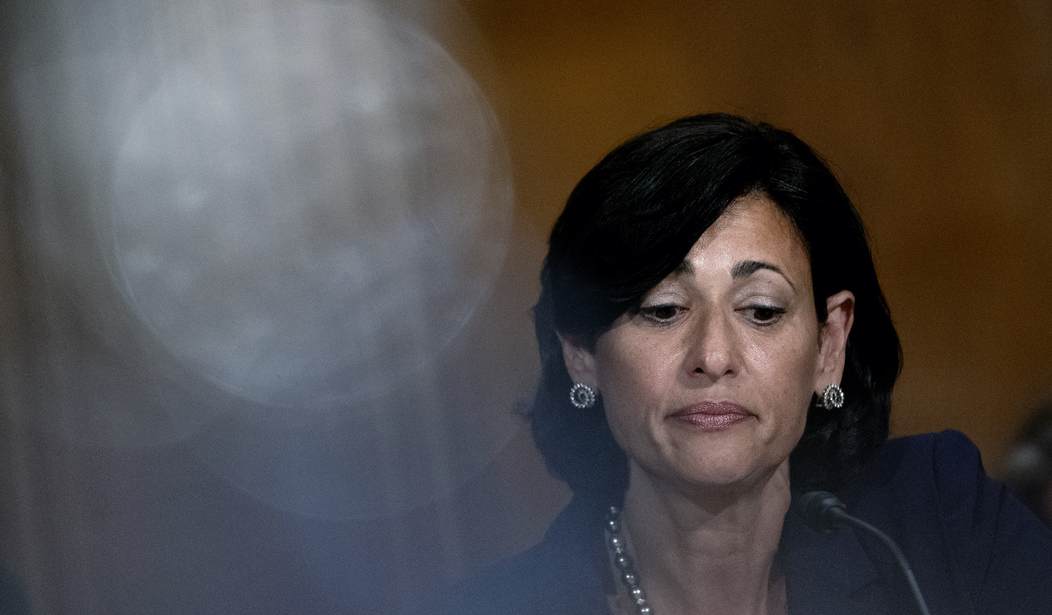The Atlantic called out the Centers for Disease Control and Prevention for some of the data it relied upon to push its case for masking in schools, arguing the agency’s position is “based on very shaky science.”
“Scientists generally agree that, according to the research literature, wearing masks can help protect people from the coronavirus, but the precise extent of that protection, particularly in schools, remains unknown—and it might be very small,” author David Zweig argued.
The data that currently exists has led to a wide array of position on masking children in schools, Zweig pointed out—from the World Health Organization being against the masking of kids under the age of 6 to the European Centre for Disease Prevention and Control also opposed to masking children in primary school. The CDC, however, forces masks upon children as young as 2.
To help make this case, CDC Director Rochelle Walenksy in September touted a study based on Arizona public schools claiming that those without a mask mandate were 3.5 times as likely to have an outbreak of Covid-19 than those that forced masking. Walensky repeated the study's claim in multiple settings in the weeks and months afterwards.
But the Arizona study at the center of the CDC’s back-to-school blitz turns out to have been profoundly misleading. “You can’t learn anything about the effects of school mask mandates from this study,” Jonathan Ketcham, a public-health economist at Arizona State University, told me. His view echoed the assessment of eight other experts who reviewed the research, and with whom I spoke for this article. Masks may well help prevent the spread of COVID, some of these experts told me, and there may well be contexts in which they should be required in schools. But the data being touted by the CDC—which showed a dramatic more-than-tripling of risk for unmasked students—ought to be excluded from this debate. The Arizona study’s lead authors stand by their work, and so does the CDC. But the critics were forthright in their harsh assessments. Noah Haber, an interdisciplinary scientist and a co-author of a systematic review of COVID-19 mitigation policies, called the research “so unreliable that it probably should not have been entered into the public discourse.”
This is not the only study cited by Walensky in support of masking students, but it’s among the most important, having been deployed repeatedly to justify a policy affecting millions of children—and having been widely covered in the press. The agency’s decision to trumpet the study’s dubious findings, and subsequent lack of transparency, raise questions about its commitment to science-guided policy. (The Atlantic)
Recommended
After detailing the numerous issues with the study, Zweig said the government continuing to tout it is “especially demoralizing.”
“How did research with so many obvious flaws make its way through all the layers of internal technical review? And why was it promoted so aggressively by the agency’s director?” he wondered.
Not surprisingly, Walensky’s office declined to comment.
“With Biden in the White House, the CDC has promised to 'follow the science' in its COVID policies. Yet the circumstances around the Arizona study seem to show the opposite. Dubious research has been cited after the fact, without transparency, in support of existing agency guidance,” Zweig concluded.

























Join the conversation as a VIP Member